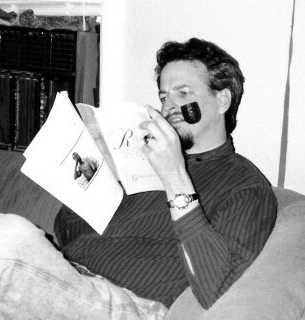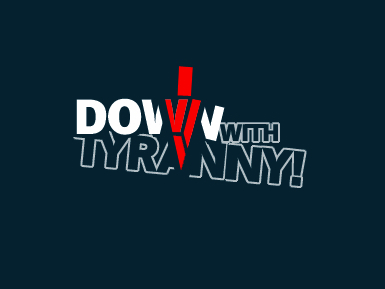GERMAN POLITICIANS DISCUSS SENDING REFUGEES BACK
German politicians, it seems, are now discussing options for handling their ongoing refugee crisis, including the possibility of repatriating some refugees. Ms. C.M. discovered…
The post GERMAN POLITICIANS DISCUSS SENDING REFUGEES BACK appeared first on Giza Death Star.



